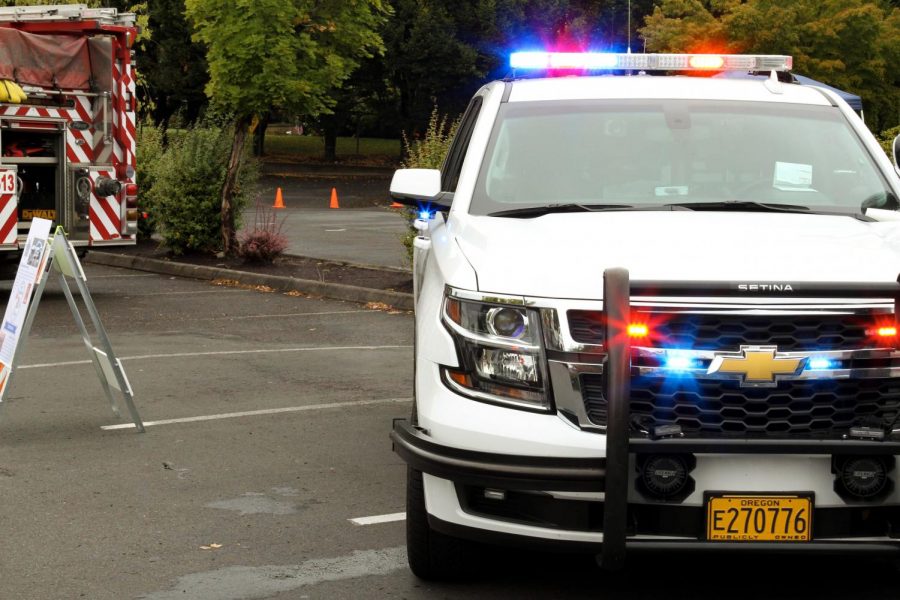The Silent Struggle: Mental Health in Police Officers Needs More Attention
Police officers don’t receive enough respect and understanding.
January 22, 2020
Today, when turning on the television and surfing through news channels, what do you most commonly see? Chances are it’s not related to the recent influx of police suicides all over the nation.
This issue is unfortunately a largely unknown epidemic among a vast majority in the nation. Despite this, I believe that more should be aware of the issue, because it doesn’t affect just one person in the nation — this problem is everyone’s.
In 2019, the number of police suicides outnumbered the amount of on-duty deaths. This was the fourth year in a row for this troubling upwards trend, which has been a slow and silent killer among police departments across the country.
This once respected position has now risen up to a job with one of the highest suicide rates in the U.S.
There are many reasons leading up to this troubling and somewhat new phenomenon which include depression, alcoholism, divorce, and post-traumatic stress disorder (PTSD).
PTSD affects 35% of all police officers in the U.S., while depression affects close to one-third of that percentage at 12%.
Not long ago, young girls and boys would dream of becoming a police officer growing up in order to protect their family and friends while bringing criminals to justice. Now, more than ever, police officers are being treated like outcasts.
Years of misuse and abused power have lead this once coveted job to becoming a black sheep in the world of careers.
It seems like every other week there is another story on the news about police officers using their power in the wrong way.
This is a big issue as police officers should be using their authority for the right reasons. For instance, there have been way too many shootings involving unarmed civilians, and police departments need to work on making sure this doesn’t continue to happen.
These are the people who have pledged under an oath to protect our cities. They actively risk their lives to protect the members of our nation.
What they get in return is little to no thanks or respect from the people they have promised to protect. From a young age many kids are influenced to fear police officers because of what they hear from their adults, the media, or even classmates.
This creates an unfair misunderstanding of police officers and the purpose of their job.
They experience the worst human interactions every single day, and lay their lives on the line each time they put on their uniforms.
A defamation to both their character and their livelihood has caused this once respected profession to take a nosedive into disgrace and failure.
Police officers also face stigmas around mental health because of their job. They are expected to present themselves as strong members of the community. Every day they arrive to work with a mask of strength because they represent the best of the best, as they are tasked with protecting their nation from dangers on the homefront.
This makes it very difficult to cope with mental illness because admitting that they’re suffering, scared or in need of help isn’t supposed to come from them in the first place.
So, what can we do to help?
In 2017, Congress passed The Law Enforcement Mental Health and Wellness Act, which helps to support police officers who suffer from depression and PTSD as a result of their jobs. The act provides extra training more specific to law enforcement’s direct needs.
The Portland police department has also recently put together a training program that offers support focused on helping both active police officers and civilian employees such as records clerks and police auto mechanics alike to be able to manage their stress better and more efficiently.
On a personal level, something as simple as a ‘thank you’ or an acknowledgement of the sacrifices police officers make might mean the world to them.
More programs and gestures like these are needed to help protect the very people that protect us every day of our lives. Together we must work to break the stigma around mental health in police officers so that we can help to bring the steadily climbing number of suicides down.





